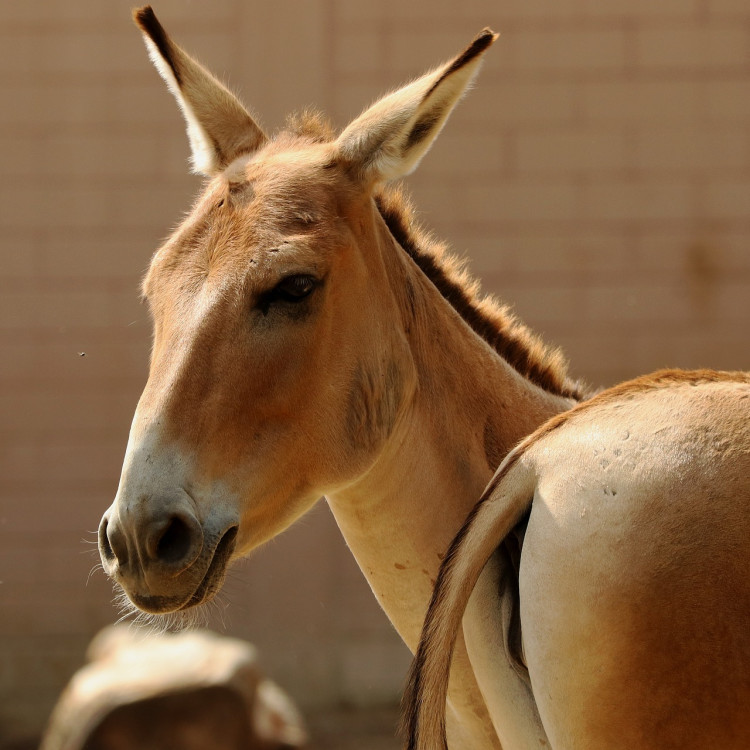The surging demand for Chinese beauty products, which utilize collagen extracted from donkey skins, is creating a critical threat to donkey populations in Africa, with potential risks of extinction looming over the species.
This alarming trend is highlighted in a recent report by The Donkey Sanctuary, which underscores the dire consequences of the booming trade in ejiao, a traditional Chinese remedy made from donkey hide glue, believed to offer various health benefits including anemia treatment, wrinkle reduction, libido enhancement, and energy boosting.
According to the report, the demand for ejiao has not only decimated China's donkey population, witnessing a staggering 76% decline from 1992 to 2019, but has also shifted traders' focus towards Africa, home to the largest number of donkeys globally. This shift has resulted in either the theft of donkeys for illicit slaughter or the exploitation of impoverished donkey owners, convincing them to part with their animals for short-term financial gain, a decision that often leads to long-term livelihood losses.
Researchers at The Donkey Sanctuary have utilized industry data and statistical modeling to project that by 2027, the demand for donkey skins will escalate to 6.7 million annually, up from 5.9 million. This figure, described as a conservative estimate, raises significant concerns given Africa's donkey population of approximately 11 million. The increase in ejiao production, which surged by 160% between 2016 and 2021, coupled with social media platforms facilitating the illegal trade, exacerbates the situation.
The socio-economic ramifications of this trade are profound, particularly for communities in Africa where donkeys are indispensable for transportation and agriculture. Calvin Solomon Onyango, director of The Donkey Sanctuary in Kenya, highlighted the paradox faced by individuals compelled to sell their donkeys, leading to irreversible impacts on their way of life.
In response to the burgeoning crisis, countries like Kenya, Nigeria, and Tanzania have already implemented bans on donkey slaughter. However, the emergence of illegal bush slaughterhouses poses a new challenge, with hundreds of donkeys being stolen and killed for their skins.
The potential classification of donkeys as an endangered species in Africa, akin to rhinos and elephants, underscores the urgency of addressing this issue. The African Union is poised to debate a continent-wide ban on donkey slaughter, marking a critical step towards safeguarding the species. Additionally, Brazil is considering legislation to prohibit donkey killing, reflecting a growing international concern over the welfare of these animals.
Marianne Steele, chief executive of The Donkey Sanctuary, has called the annual slaughter of six million donkeys an "animal welfare disaster," emphasizing the vital role donkeys play in supporting the livelihoods of people in some of the world's most challenging environments. The loss of a donkey can mean the difference between modest survival and abject poverty for many families, making the protection of these animals a matter of both ethical and economic imperative.






